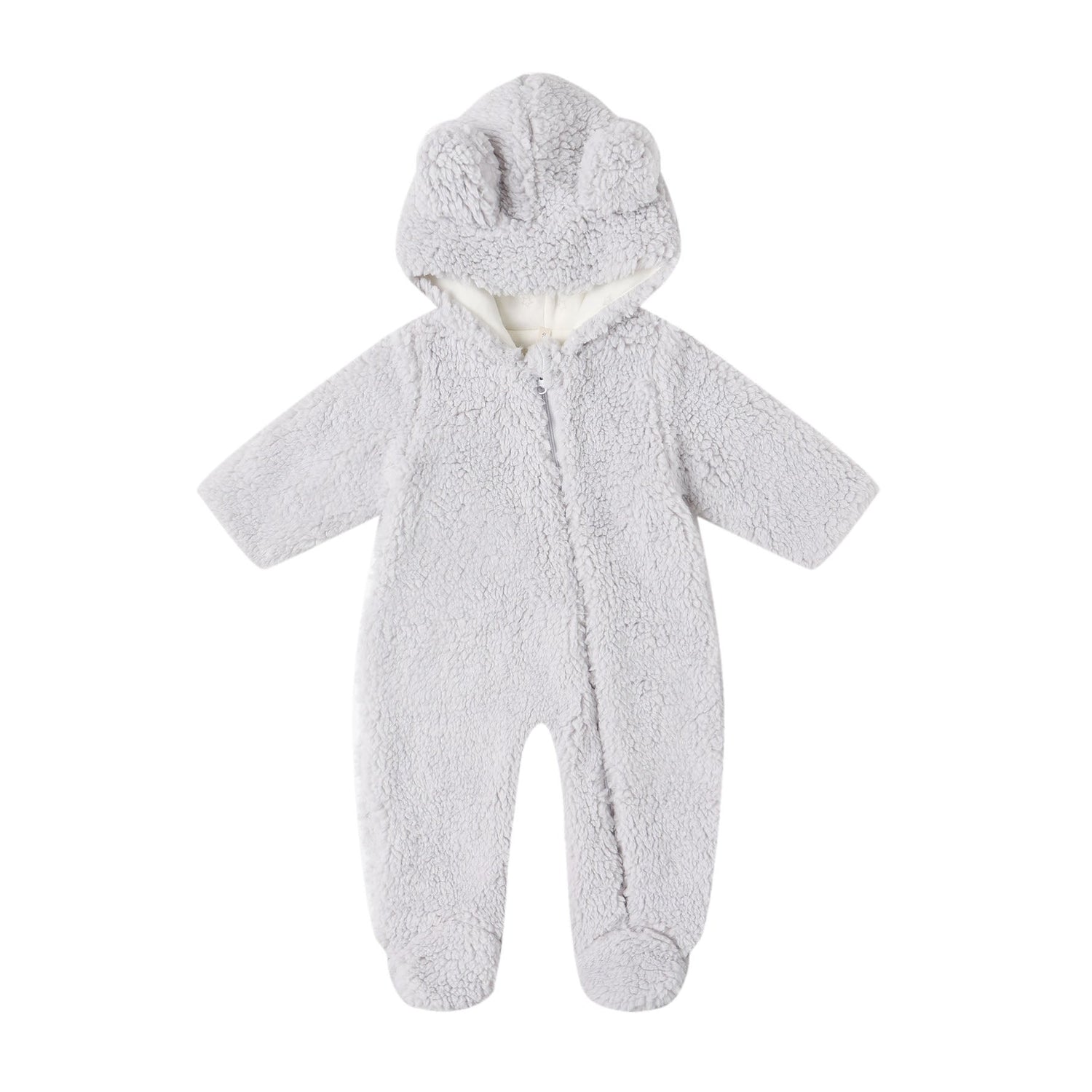Could Australian researchers have found the cause of SIDS?
According to the CDC, more than 1,000 babies die of SIDS each year. SIDS stands for Sudden Infant Death Syndrome and is defined as the unexplained death of a baby younger than the age of one, and in most of these cases death occurs while the infant is sleeping. Boston Children’s Hospital explains that not only is the death unexplained, but there are no warning signs or symptoms. Babies usually seem healthy and well before being put to bed.
They expound that “while the cause of SIDS is unknown, many clinicians and researchers believe that SIDS is associated with problems in the ability of the baby to arouse from sleep, to detect low levels of oxygen, or a buildup of carbon dioxide in the blood. When babies sleep face down, they may re-breathe exhaled carbon dioxide.” SIDS is terrifying to say the least.
However, a new study conducted by researchers at The Children's Hospital Westmead in Sydney, Australia, is providing clues to the possible cause of this terrifying syndrome. Pinning down the cause of SIDS is so exciting because if we know the cause, we can potentially prevent it from ever happening with early intervention. Essentially, we could eradicate SIDS, and keep new parents from the exhausting effort constantly watch over their baby to make sure they are still breathing.
The study, published in the medical journal eBioMedicine, tested dried blood of 67 babies who had died from SIDS and other unknown causes, as well as the blood of 10 healthy control babies. It found that infants who died from SIDS had significantly lower levels of a previously unidentified enzyme, Butyrylcholinesterase (BChE). It is thought that this enzyme may be involved in the brain signals that lead to taking a breath. This may explain why SIDS normally occurs during sleep. Identifying this enzyme could potentially lead to a screening for it in infants and then possible intervention to help improve its levels, mitigating the threat of SIDS.
Although this small study brings much enthusiasm, more research on larger test sizes is needed to find conclusive results, which means we are still a long way off from being able to test our babies for this enzyme (if it truly is the cause). Still, these results are thrilling and will hopefully pave the way for parents and physicians to identify the risk of SIDS in babies and open new avenues of research to create a world without this heartbreaking syndrome.
In the meantime, the American Academy of Pediatrics (AAP) recommends the following to help prevent SIDS:
- Babies should sleep on their backs for all sleep times until they are one year old.
- Use a firm sleeping surface (it should not indent when the baby is laid on it).
- Use only a tight fitted sheet.
- Keep the baby’s sleeping area in the same room you sleep in for the first six months or ideally the first year. (This can reduce the risk of SIDS by up to 50%.)
- Bring your baby into your bed only to feed or comfort. Bed sharing is not recommended.
- Do not place your baby on a couch, sofa, or armchair to sleep.
- Keep soft/loose objects out of your baby’s sleeping area (blankets, quilts, stuffed animals, crib bumpers, pillows, etc.).
- Stop swaddling after your baby can roll over. (Try using a sleep sack to keep your babe warm instead.)
- Try using a pacifier. This helps reduce the risk of SIDS even if it falls out after your baby is asleep.
There are a million things to worry about with a newborn, and unfortunately SIDS can happen to a baby with even the most careful and cautious parent. This breakthrough finding regarding the BChE enzyme may help parents who have lived through the tragedy of losing a baby to SIDS understand that the death wasn't caused by a lack of caution or something they've done wrong. Hopefully more good news will surround the findings on the BChE enzyme, and we will be able to check one thing off of our worry list.
Read more here: Researchers Pinpoint Important Biomarker for SIDS







